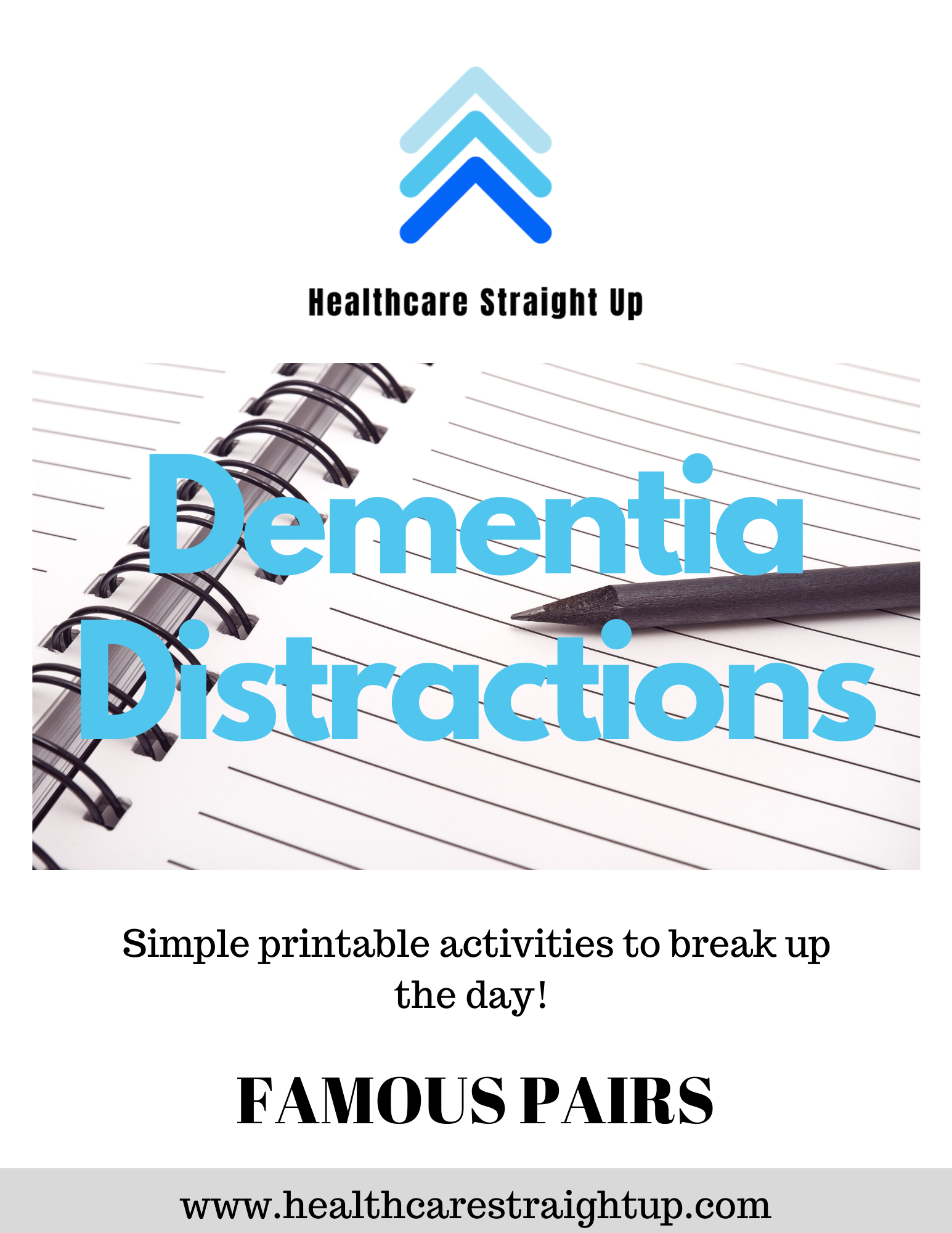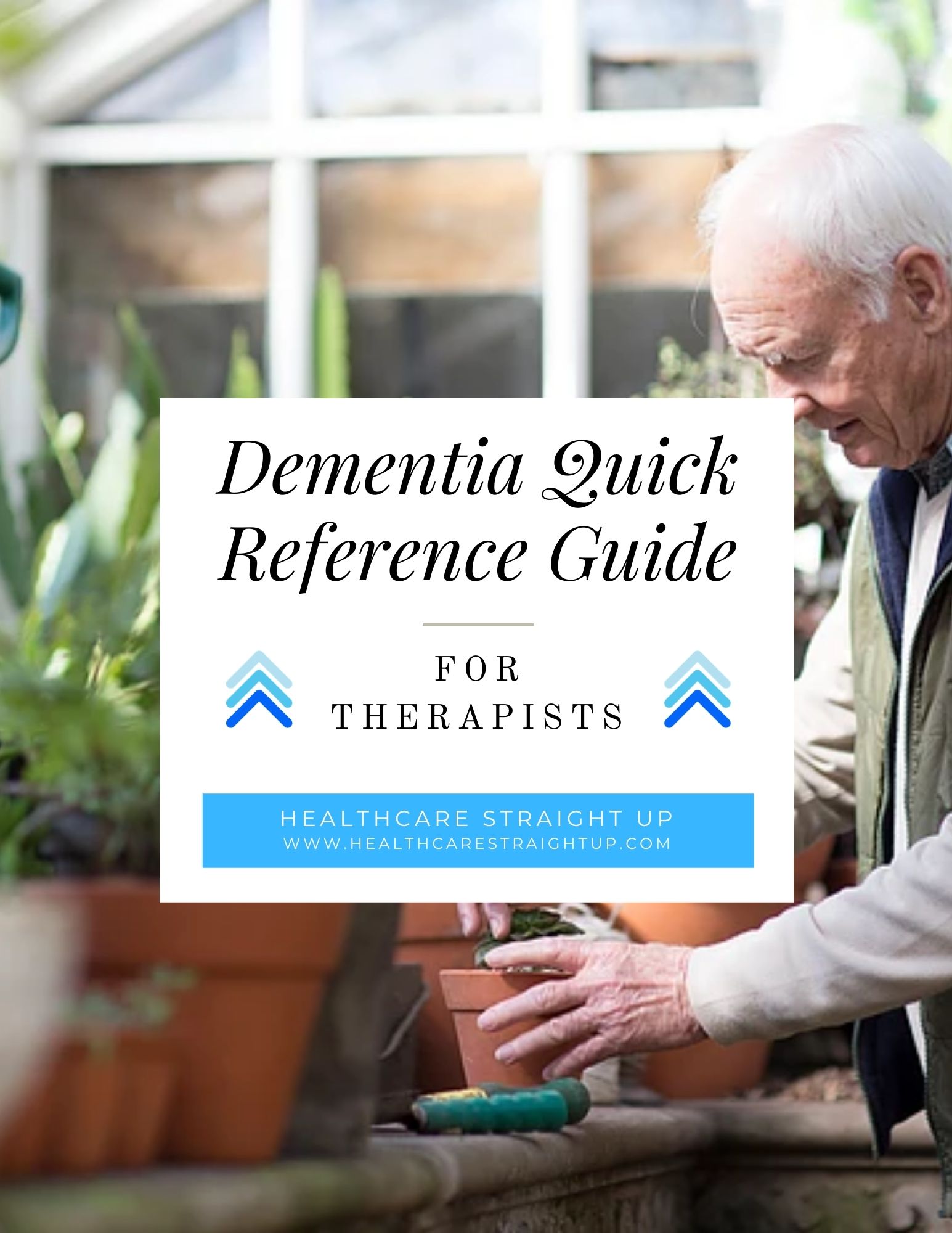Starting at age 65, the risk of developing dementia doubles every 5 years. Knowing the signs of early dementia can help mitigate the speed at which the dementia progresses. In addition, early identification ensures that proper treatment is provided to prolong independence and function during the dementia progression. So if you’ve started asking yourself, “Have they lost their mind!?” Here are a few signs that indicate they just may be starting to.
Memory Loss
Ever misplaced your keys or forgotten where you put your wallet? Of course you have! Forgetfulness happens to all of us, but persons with early dementia can progress to more serious episodes. Incidents of memory lapse, like forgetting the actual item you are looking for, indicates a more serious issue, particularly if it is happening regularly. Often with dementia, long term memory remains intact, so recall of previous occupations or childhood stories is intact, but the ability to recall what lunch was today is missing. Those experiencing early dementia will frequently deny that they are having memory issues and chalk it up to “old age”.
Behavior or Personality Changes
Persons in early stages of dementia can experience increased agitation or may be triggered by their memory loss. They start to exhibit unusual personality characteristics from their norms, for example “Tidy Teddy” becomes “Messy Marvin” or “Social Sally” becomes “Recluse Rita”. Many caregivers will not recognize the changes directly, but simply state that something feels “off” about their loved one. Family, friends and caregivers should be mindful that depression is a common occurrence in those with dementia. Medical help may be needed to diagnose and treat these depression symptoms and prevent things from getting worse.
Word Finding Problems
Another early symptom of dementia is difficulty with finding the right words to express themselves or using words that are often associated with the word intended. Frequent word substitutions, such as sister instead of aunt, or increased pauses or use of “umm” while searching for the word may be indicative of things to come. As a result, conversations require an increased amount of time to get all the accurate information from a person with signs of early dementia. It is important to allow extra time for communication to occur in order to ensure the dementia person’s needs are being met. This simple strategy prevents future behaviors from occurring.
Disorientation
Have they gotten lost on their way to the grocery store or church that they drive to every week? Are they forgetting what day of the week, the month or the year it is? Loss of time and direction is a precursor to dementia and often affects the safety of a person. They can easily become lost on familiar roads, with no idea how they got there, how long they’ve been there, or how to get back home. Consider GPS tracking for their car, phone or watch to help ensure that they can be found should this begin to occur.
Difficulty Completing Familiar Tasks
In early dementia, the ability to complete simple day-to-day activities becomes more challenging. Exhibiting increased difficulty with following step-by-step directions is often observed with dementia progression. Have you noticed that balancing their checkbook or playing a game with lots of rules become near impossible? Persons with signs of early dementia experience more difficulty with visual and spatial relationships which could affect their hand-eye coordination. Simple things like putting the lid on the jar or the cap on the pen become that much more challenging. Consulting with an occupational therapist help to identify adaptations to allow increased independence should these obstacles persist.
The earlier a person is diagnosed with dementia, the better the disease is able to be managed. Talk to your loved one and their doctor to preserve their best quality of life for as long as possible. Seeking the services of an occupational or speech therapist prolongs independence and improves the quality of life of persons in the early stages of dementia. If you have questions or would like more information, please contact us and we will be happy to help.
The information you need…Straight Up!
You may also be interested in:
7 Questions to Ask When Starting a New Medication
Loved one have a fall? Click Here





